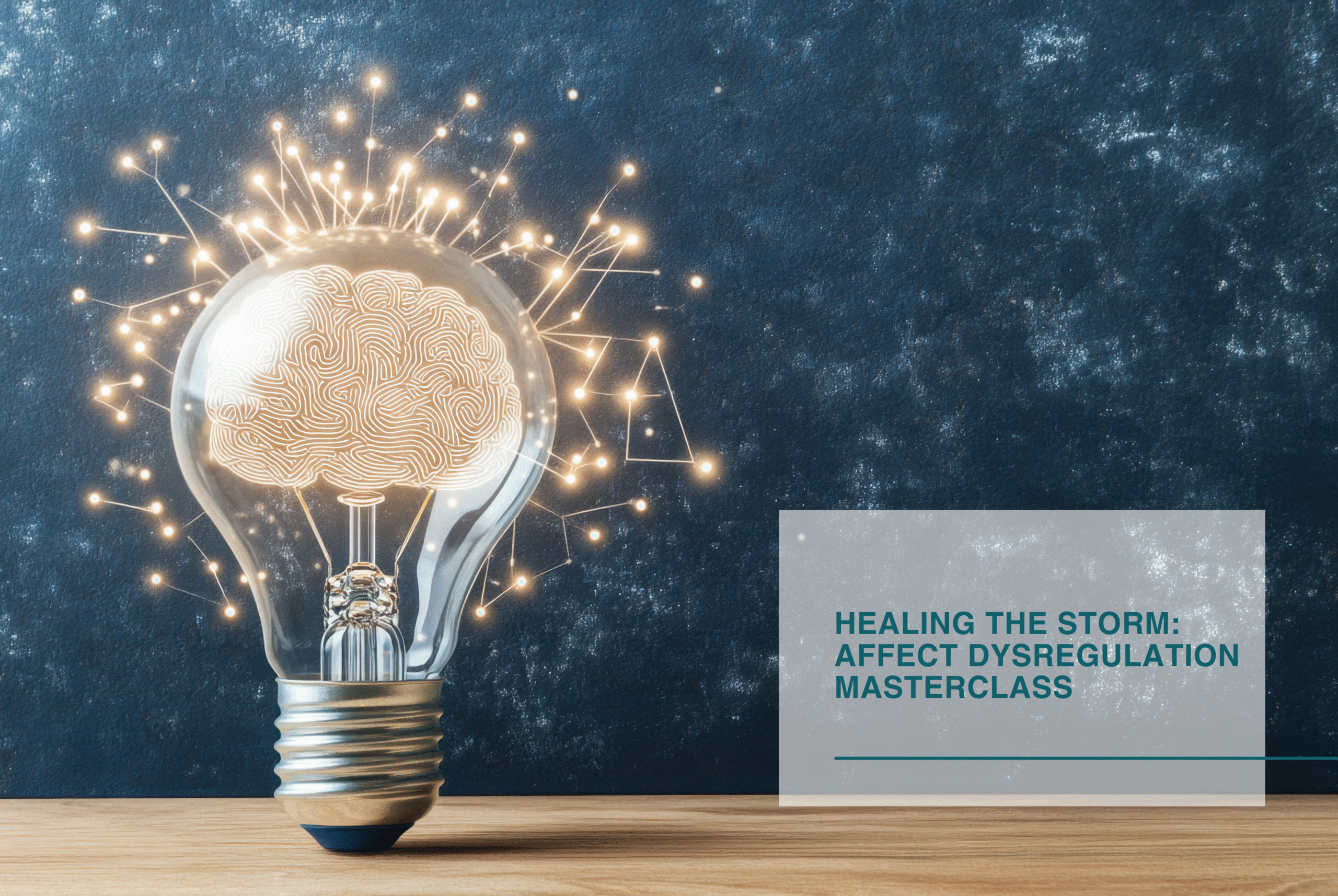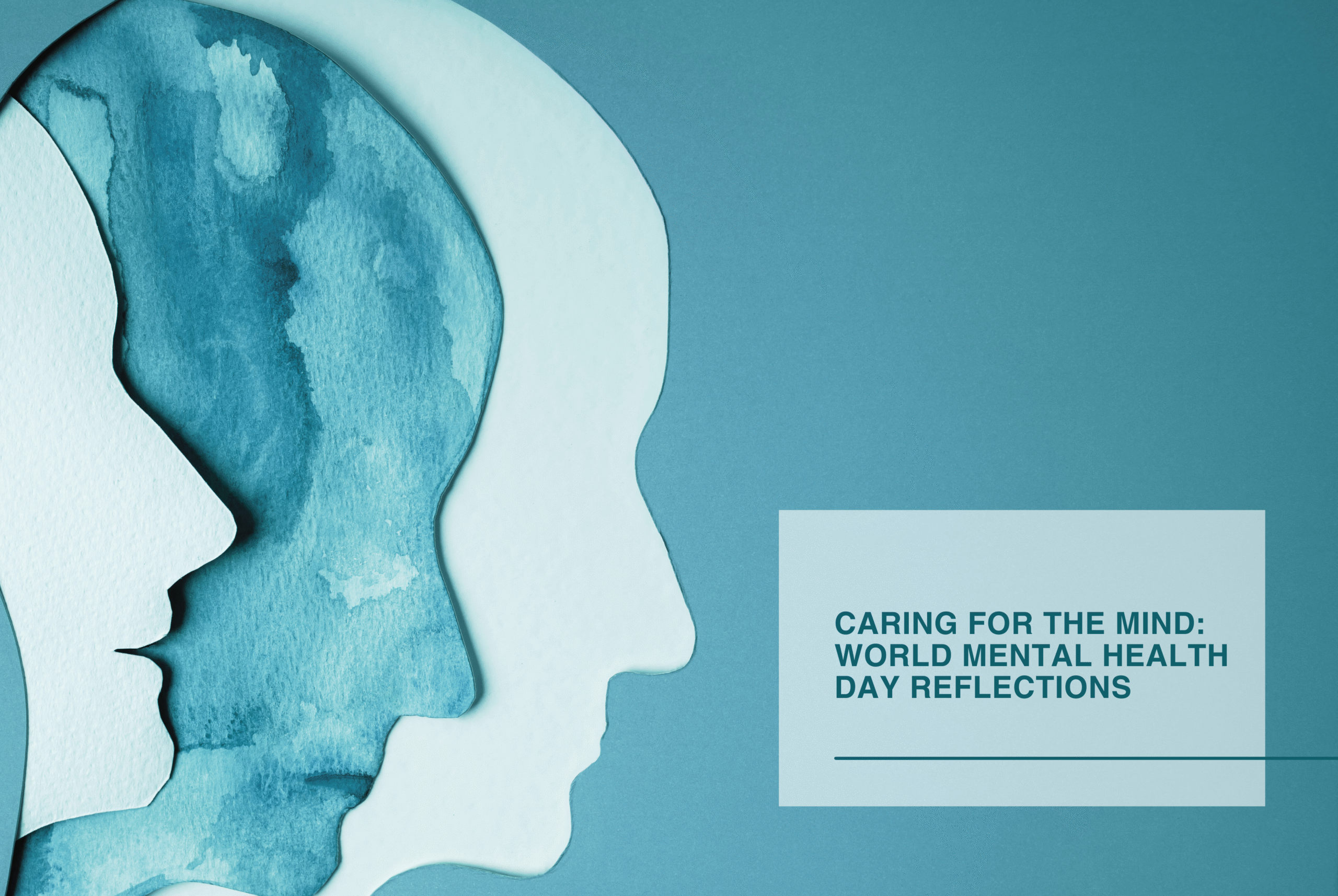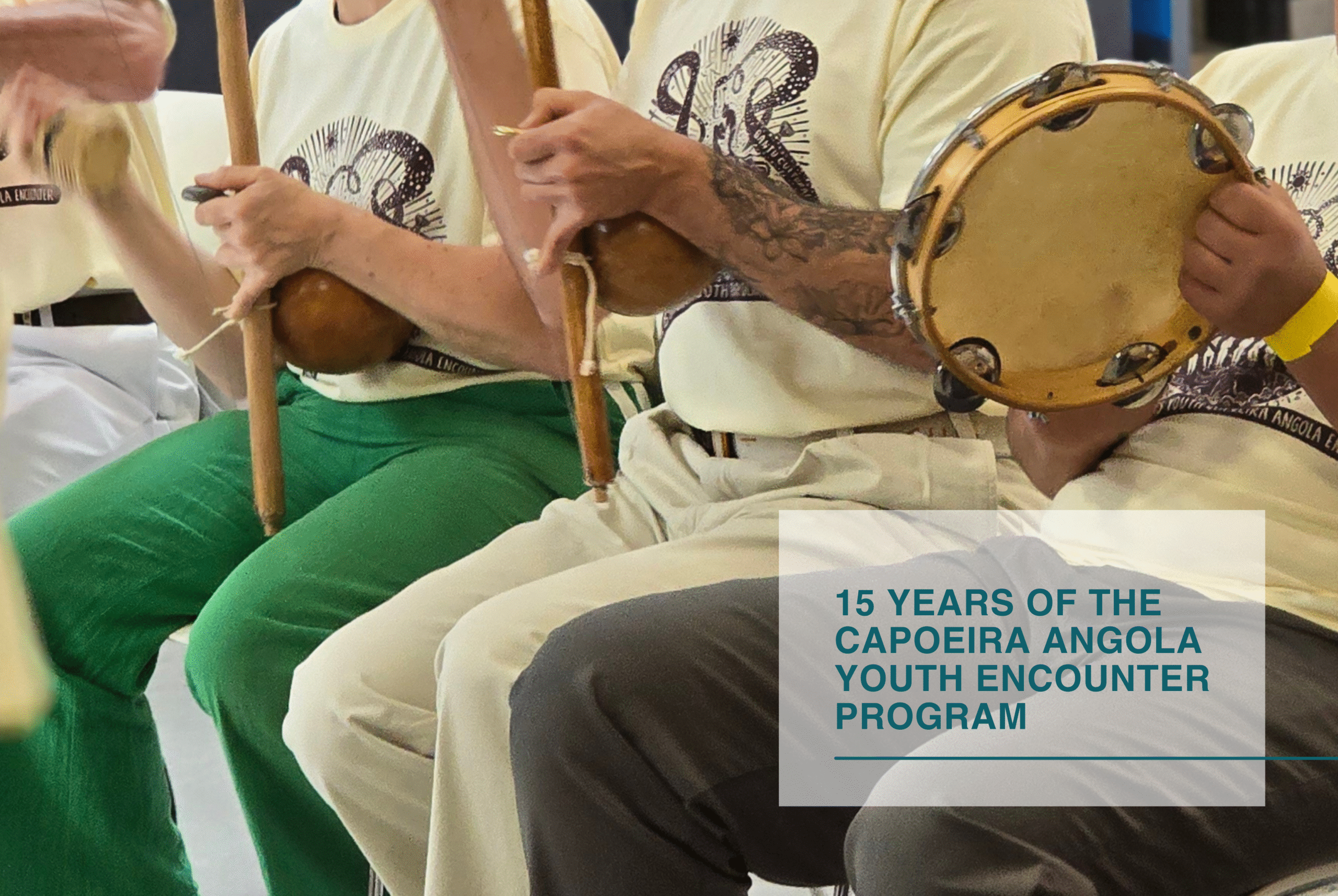Understanding Coercive Control in Refugee Families

What is Coercive Control, and Why Should We Talk About It?
Coercive control, fundamentally, is a pattern of behaviour. It’s not about isolated incidents; it’s a persistent, insidious strategy where one person dominates another. Picture a spiderweb, slowly constructed to trap its prey. This web is woven with threads of intimidation, isolation, and control, designed to strip away a person’s autonomy and freedom. This issue carries particular weight within refugee communities, where pre-existing vulnerabilities can be exploited with devastating effect.
The STARTTS Clinical Masterclass, “Working with Coercive Control,” directly tackles this critical area. Information about this essential training is available here. This free masterclass is crafted for professionals, who are on the front lines, working to support individuals and families impacted by trauma and violence. It offers practical strategies and insights from University of Melbourne’s Professor Manjula Datta O’Connor and Rebecca Wall, a an Accredited Mental Health Social Worker at STARTTS’ to help identify and respond effectively to coercive control, particularly within the complex context of refugee communities.
Why Refugee Communities? What Makes Them Vulnerable?
Consider arriving in a new country, a place where the language is unfamiliar, the customs are foreign, and the support networks you once relied on have vanished. This is the lived experience for many refugees. This displacement and its inherent challenges can unfortunately create conditions where coercive control can flourish.
Several interconnected factors amplify this vulnerability. For instance, language barriers can isolate individuals, making it difficult to navigate systems or seek help. Imagine the challenge of explaining abuse when you lack the words. Then there are cultural differences, where traditional gender roles might be twisted to justify controlling behaviours, or cultural norms are used as weapons to restrict freedom. The precariousness of visa dependency can also be exploited, with abusers threatening deportation to maintain control. Furthermore, the social isolation that can accompany displacement leaves individuals reliant on their abuser, with dwindling avenues for support. The profound impact of trauma, stemming from displacement and violence, can leave individuals emotionally fragile and more susceptible to manipulation. Finally, financial insecurity, with limited access to employment, can create a cycle of dependence that makes leaving abusive situations incredibly difficult.
What Does Coercive Control Look Like in These Communities?
Coercive control doesn’t always present with obvious physical harm. Often, it’s a subtle, gradual undermining of a person’s sense of self. Its manifestations can be diverse, with some being particularly salient within refugee communities. For example, an abuser might actively work to isolate their partner from the community, preventing attendance at cultural events or contact with elders, thus increasing reliance on the abuser. Control of finances is another common tactic, involving withholding money or preventing employment, again fostering dependence. Horrifyingly, threats related to immigration status can be used, such as “If you don’t comply, I’ll ensure you’re deported,” leveraging the victim’s precarious situation. Abusers may also engage in the manipulation of cultural or religious beliefs, twisting them to legitimise their controlling actions. The abhorrent practice of forced marriage stands as a severe form of coercive control, denying fundamental autonomy. Finally, abusers often exert control over communication, monitoring calls and social media, or restricting contact with external support networks.
Why is This Masterclass So Important?
The STARTTS Clinical Masterclass holds significant importance because it equips professionals with the necessary knowledge and skills. Primarily, participants will be able to better understand and conceptualise coercive control within the families they work with. This includes the ability to identify the subtle signs of coercive control, which can be challenging to recognise, especially when interwoven with cultural nuances. The masterclass also provides a crucial understanding of the cultural context, delving into the specific challenges encountered by refugee communities, enabling a sensitive and informed approach to cases. Furthermore, participants will conceptualise and understand the mechanics of control as one of the instrumental impacts upon the vulnerable mental health of the family member. This involves recognising how these controlling behaviours erode mental well-being. Critically, participants will be better informed about how to deal with the challenges presented by the presence of coercive control in their client’s family, gaining practical strategies for intervention. Finally, participants will be able to provide appropriate clinical approaches in terms of assisting children who are also impacted by coercive control within the family system.
What Will You Learn?
The “Working with Coercive Control” masterclass provides a comprehensive understanding. Participants will gain an understanding of the dynamics of coercive control, including the patterns and tactics employed by abusers. It addresses crucial cultural considerations, examining the specific ways coercive control manifests within refugee communities. The masterclass also emphasises trauma-informed practice, teaching how to effectively support victims who may have experienced significant trauma. Participants will learn about risk assessment and safety planning, developing strategies to enhance the safety of victims and prevent further harm. Finally, it covers vital legal and ethical considerations inherent in working with cases of coercive control.
Practical Tools for Real Change
This masterclass moves beyond theory; it aims to provide you with tangible tools and strategies that you can directly implement in your professional practice. It’s about empowering you to make a meaningful difference in the lives of individuals impacted by coercive control.
Engaging with the Community
Effective intervention necessitates a community-centred approach. The masterclass underscores the importance of building trust and establishing strong, collaborative relationships with refugee communities. It also highlights the need for cultural sensitivity, approaching cases with profound respect and understanding of cultural contexts, and the value of collaboration, working in partnership with community leaders and relevant organisations.
Beyond the Masterclass: Resources and Support
Here are some valuable resources that offer support and information:
- 1800RESPECT: A national, round-the-clock helpline for anyone experiencing family and domestic violence and/or sexual assault. 1800RESPECT
- Men’s Referral Service: Provides support, information, and counselling to men who use family violence. Men’s Referral Service
- Australian Institute of Family Studies (AIFS): Offers research and resources on family violence, including specific information relevant to migrant and refugee women. AIFS
The Way Forward
Coercive control presents a serious challenge, yet it is one we can address. By equipping ourselves with the necessary knowledge and skills, we can significantly improve the lives of those affected. The STARTTS Clinical Masterclass represents a crucial step in this direction. We encourage you to seize this opportunity to enhance your professional capabilities and contribute to a safer, more equitable environment for refugee communities.
For more information about the ‘Working with coercive control webinar’, or to register, visit: https://www.startts.org.au/training/live-webinars/working-with-coercive-control-webinar/



